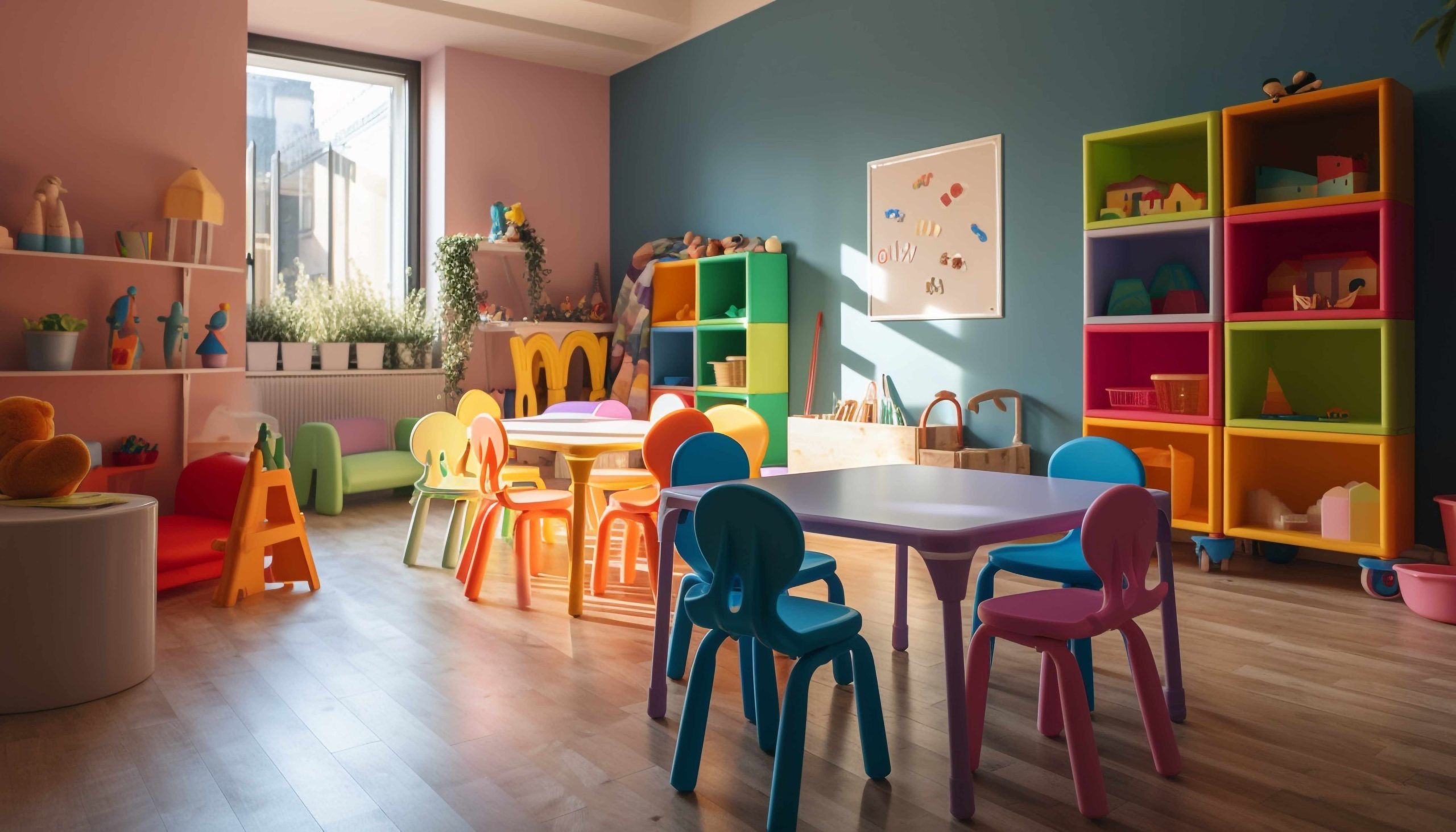
Optimizing Preschool Classroom Space with Clear Markings
Designing an effective preschool classroom requires careful consideration of space to ensure safety, comfort, and learning opportunities for young children. Among the challenges faced by educators, organizing the classroom layout stands out as crucial. Clear markings offer a straightforward solution to arrange preschool classroom space effectively. In this article, we explore how clear markings can be utilized to create an optimal learning environment in a preschool classroom.
Prioritizing Safety
Ensuring the safety of preschoolers is paramount in classroom design. Clear markings can designate areas off-limits to children, such as storage rooms and teacher’s desks, reducing the risk of accidents and injuries.
Establishing Defined Pathways
Creating clear pathways enables preschoolers to navigate the classroom safely. Clear markings can delineate walking paths, minimizing congestion and enhancing safety.
Zoning for Different Activities
Designating zones for various activities aids in focusing preschoolers’ attention. Clear markings can delineate areas for reading, art, and play, fostering engagement and learning.
Prioritizing Comfortable Seating
Comfortable seating is essential for preschoolers’ engagement and concentration. Clear markings can indicate areas for soft mats or cushions, ensuring children feel relaxed and focused.
Efficient Storage Solutions
Providing designated storage areas maintains classroom organization. Clear markings can designate storage zones, facilitating easy access to materials and promoting tidiness.
Utilizing Display Spaces
Display areas stimulate curiosity and showcase children’s work. Clear markings can identify spaces for display boards, encouraging pride and engagement.
Creating Interactive Learning Spaces
Interactive areas foster hands-on learning experiences. Clear markings can delineate areas for sensory tables, science centers, and computer stations, promoting exploration and discovery.
Respecting Personal Space
Preschoolers benefit from having designated personal spaces. Clear markings can designate cubbies or lockers, fostering a sense of security and independence.
Providing Quiet Zones
Quiet areas offer opportunities for relaxation and focus. Clear markings can designate reading nooks or soft play areas, promoting calmness and concentration.
Maximizing Natural Light
Natural light enhances the learning environment. Clear markings can identify areas near windows, harnessing natural light to create a bright and cheerful atmosphere.
Encouraging Outdoor Exploration
Outdoor play areas promote physical activity and connection with nature. Clear markings can designate outdoor spaces, encouraging exploration and gross motor skill development.
Flexible Furniture Arrangements
Adaptable furniture enhances classroom versatility. Clear markings can indicate areas for movable furniture, facilitating easy reconfiguration and accommodating diverse learning activities.
Promoting Accessibility
Ensuring inclusivity in classroom design benefits all children. Clear markings can designate accessible areas, ensuring equal participation for children with varying abilities.
Fostering Ownership and Engagement
Inviting children to contribute to classroom design promotes ownership. Clear markings can involve children in choosing materials or decorating, fostering pride and engagement.
Organizing preschool classroom space is essential for creating an environment conducive to learning and exploration. Clear markings offer a practical solution to arrange the space effectively, prioritizing safety, comfort, and engagement. By implementing these strategies, educators can create a preschool environment that supports growth, independence, and a love for learning among young children.


